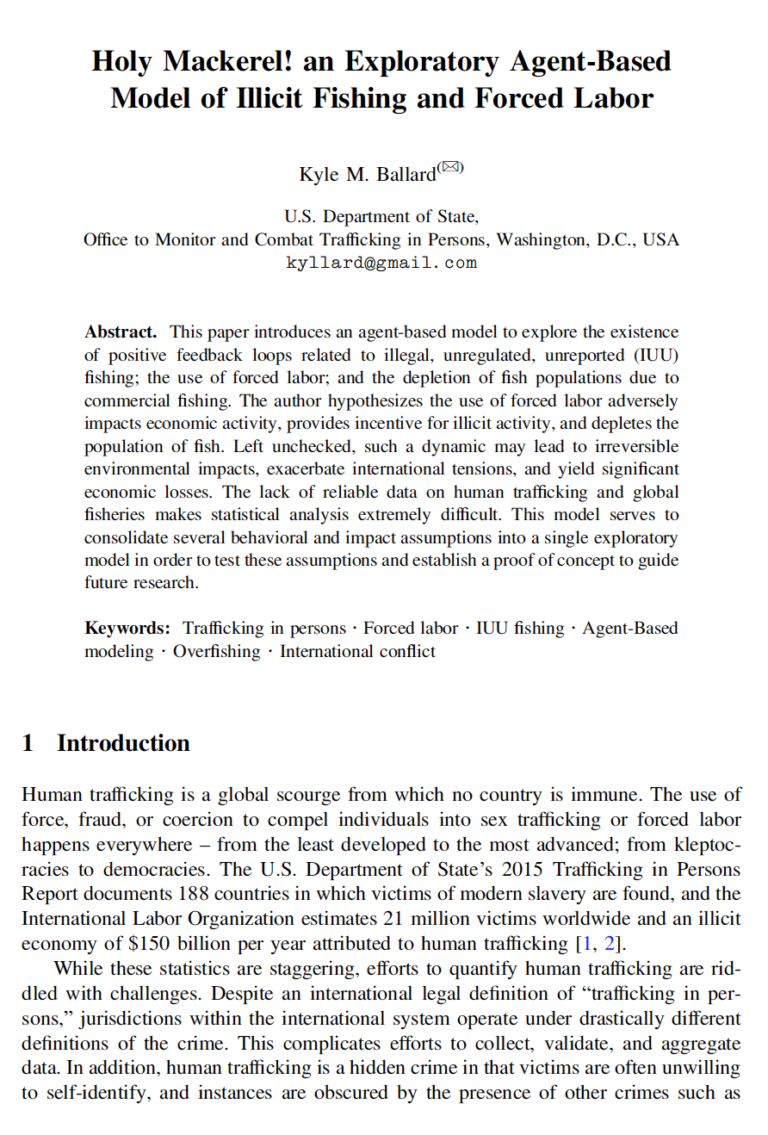ITUC Global Rights Index
Graphics & InfographicsPublicationsThe breakdown of the social contract is exposed in the 2020 ITUC Global Rights Index with violations of workers’ rights at a seven-year high. The trends by governments and employers to restrict the rights of workers through violations of collecti...Read More

